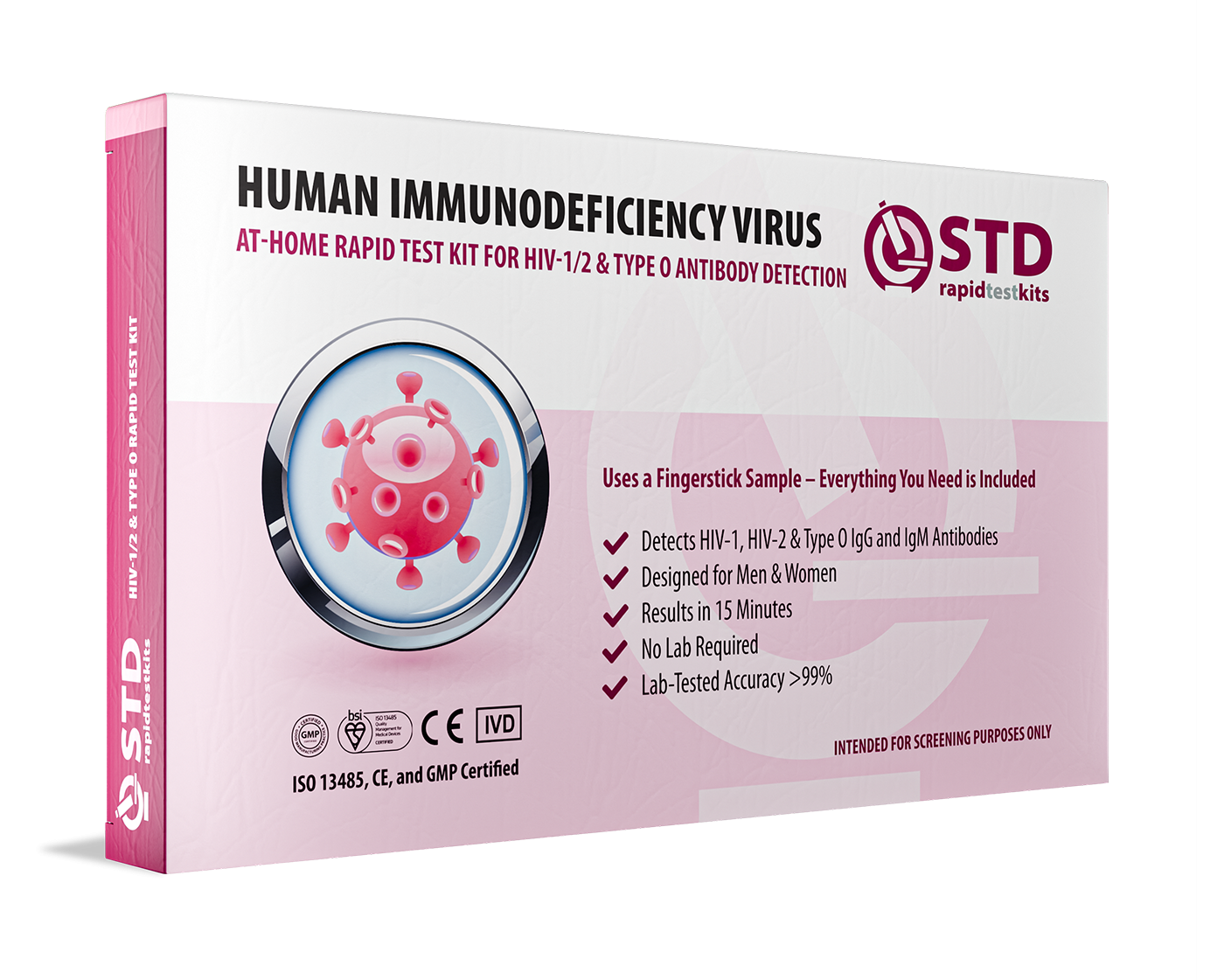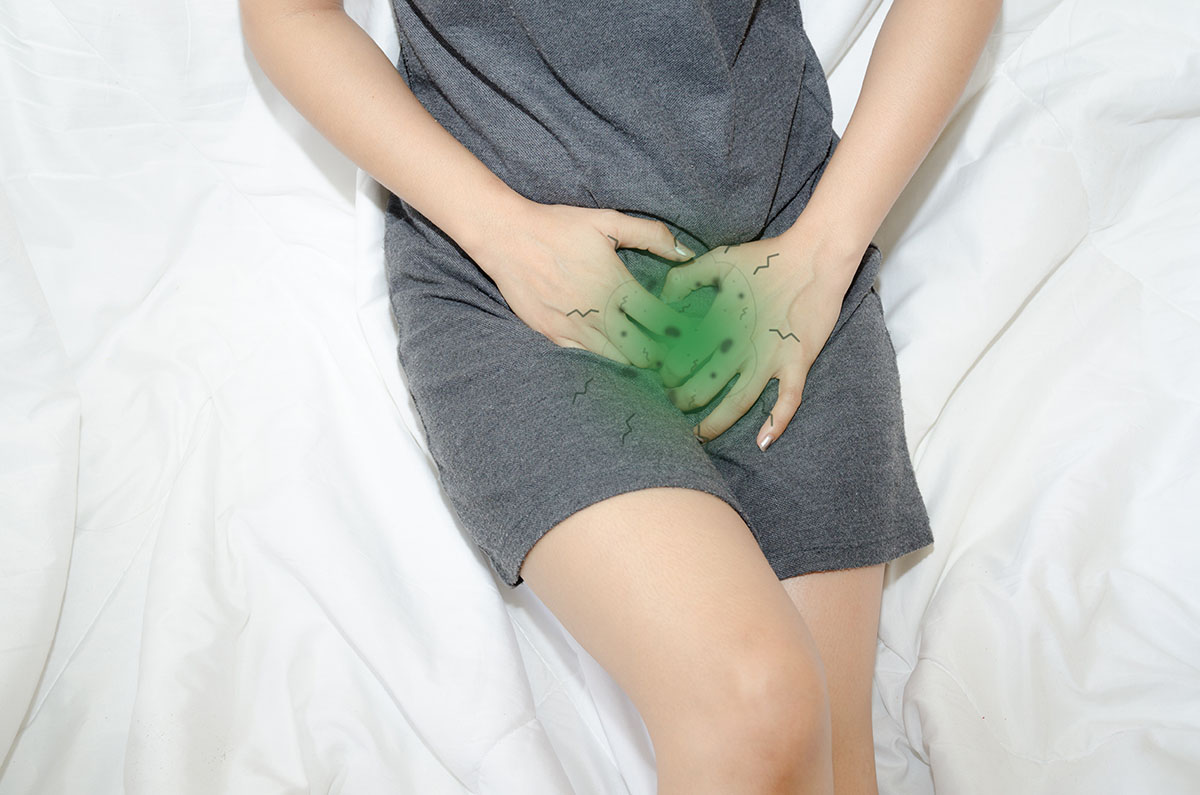Quick Answer: Herpes and HPV can spread through skin-to-skin contact, even without sex or visible symptoms. Kissing, grinding, or oral can be enough. Testing brings clarity.
That Tingle That Wasn’t ‘Sex’ But Still Felt Alarming
It was the early morning tingle that sparked alarm, not what you'd call intimacy.
“My partner brushed their lips against mine during a sleepy cuddle. No tongue, no ‘real’ sex,” Maria remembers, voice steady but raw. A day later, a tight‑knit cluster of blisters bloomed. Panic followed. She’d never had penetrative sex. So how?
That question captures a knot many people face. Skin‑to‑skin transmission, especially when we dismiss non‑penetrative acts as “safe”, is the quiet truth of herpes and HPV science. Let’s unwind the biology behind that tingle, guided by data and compassion.
Why Skin‑to‑Skin Matters More Than We Think
When the word “STD” comes to mind, many picture penetrative sex and fluids. But herpes is different. It spreads primarily through direct skin‑to‑skin contact, including kisses, oral-to-genital contact, or rubbing, even when symptoms are invisible (Healthline).
The World Health Organization explains that HSV‑1 often spreads via mouth‑area contact, saliva, skin, with or without sores, and genital infections can follow oral-to-genital contact. Meanwhile HSV‑2, the “genital herpes” type, also spreads through genital contact, even when the skin looks normal.
The scary part? Asymptomatic shedding, when the virus exits your body even without sores, is common. HSV‑2 can shed on 10 % to 28 % of days depending on your history, meaning no outbreak doesn’t mean no risk.
HPV, another virus that spreads through skin‑to‑skin or skin‑to‑mucosa contact, behaves similarly. Non‑penetrative routes like hand‑to‑genital or mouth contacts can transmit it, and studies have documented cases in female virgins and children, non‑sexual transmission is real, and self‑inoculation also plays a role (PubMed, NIH, PLOS One).
In one study, even monogamous couples with no vaginal or anal sex showed HPV via non‑penetrative contact routes (CDC). Another found 25 % prevalence of HPV in male virgins, likely via hand contact (University of Texas).
In short: oral contact, hand contact, close skin‑to‑skin, even when neither partner considers it “sex”, can still spread these viruses.

People are also looking for: Why Mississippi Leads the Nation in Congenital Syphilis, and How to Stop It
A Late‑Night Panic, Followed by Research
Caleb woke up with an odd patch of redness near his mouth. He’d absentmindedly kissed his partner before sleep, not passionate, just habitual. The redness hardened into a painful blister. He Googled desperately. “Can I have herpes, and still be a virgin?” A torrent of guilt and shame washed over him.
But the data offered clarity, not judgment. He learned that HSV‑1 transmits through sheer contact with skin or saliva, yes, even with a peck, or oral-genital contact. And yes, you can still get genital herpes that way (Healthline). Seeing the cold, clinical facts grounded him, no betrayal, just biology.
That’s the difference knowledge makes: it undoes shame while anchoring you in realistic prevention and action.
Herpes vs HPV, and Safe Doesn’t Mean No Risk
That voice in your head saying, “But I was careful,” or “This must mean I’m dirty”? Yeah, that’s stigma talking—not science. Let’s clear the air.
Cold sores and genital herpes? Often the same virus—HSV‑1. Most people catch it as kids, not from sex but from a relative’s kiss or a shared cup. Healthline says nearly 90% of adults have been exposed by 50. It’s not scandalous. It’s normal.
Condoms? Great. But not magic. Herpes and HPV don’t need fluids—they spread from skin. Thighs, groin, labia, scrotum. If a condom doesn’t cover it, it doesn’t fully block it. That’s not your failure. It’s just virology.
And no, you’re not the only one. About 1 in 8 people aged 14 to 49 has HSV‑2—and most don’t know. HPV? It’s everywhere. Most people get it. Most clear it. You may have already fought it off without a clue. That’s not dirty—that’s biology doing its thing.
This isn’t about being reckless. It’s about being real. These viruses pass through connection, not shame. You didn’t mess up. You’re just human. And now you’re informed.
Check Your STD Status in Minutes
Test at Home with RemediumHIV Rapid Test Kit

 For Men & Women
For Men & Women Results in Minutes
Results in Minutes No Lab Needed
No Lab Needed Private & Discreet
Private & DiscreetOrder Now $33.99 $49.00
What You Can Do, Today and Tomorrow
Even if the virus feels stealthy, your response can be loving, clear, and practical.
First, testing is your friend, not a punishment. If blisters, warts, or tingling appear, ask a provider about a swab test (for herpes) or visual inspection (for HPV). Blood tests for herpes (IgG) exist but can miss early or low-level infections. For HPV, Pap smears and HPV DNA tests are screening standards for people with cervixes.
But what if you don’t have symptoms? That doesn’t mean don’t act. Herpes can lie dormant for years. HPV can silently infect skin or mucosa. Talk to a provider about risk-based screening. Some at-home test kits, like those from STD Rapid Test Kits, offer confidential options for preliminary answers, especially useful if you’re anxious and need to start somewhere.
Second, suppressive treatment can dramatically reduce risk and worry. Daily antivirals like valacyclovir can cut herpes shedding by more than 50 %, and lower the chance of transmission to partners. This isn’t just a medical decision, it’s an emotional relief.
Third, HPV vaccination is one of the most powerful tools in sexual health. Gardasil 9 protects against high-risk cancer-causing HPV types and those that cause genital warts. It’s recommended for people of all genders and sexual orientations. If you’re under 45, ask your doctor if you’re eligible, it’s not just for teens.
Fourth, rethink intimacy with realistic risk, not fear. During a suspected outbreak or fresh diagnosis, take a break. Use barriers, not just condoms, but gloves, dental dams, or physical space. Communication can be protective too: “I’m managing something and I want to keep you safe” can open safety and trust, not push it away.
This isn’t about being pure. It’s about being prepared, and kind to yourself and others.
You’re Not Broken, This Is Biology, Not Betrayal
If blisters or symptoms show up after what felt like “not even sex,” you’re not alone, or wrong. This is deeply normal biology. Herpes and HPV are masters of subtle spread. They don’t require penetration, ejaculation, or even what most people label as “sex.”
Their quiet routes, skin-to-skin friction, casual oral contact, a shared towel, an early-life kiss from a family member, don’t make your body dirty. They make it normal. So many people carry these viruses without knowing it, and they often find out by surprise, shame flooding in where knowledge should be.
You deserve better. You deserve the full story. You deserve a healthcare provider who will explain your options without judgment. And you deserve peace of mind, not because you’ve never made a mistake, but because this isn’t one. Herpes isn’t punishment. HPV isn’t proof of recklessness. These are human viruses moving through human lives.
Testing, treatment, vaccines, and communication won’t erase that reality, but they do give you back power. And that’s what this is about.
Let that tingle become a reason to care, about yourself and your partner, with knowledge, not fear.

People are also reading: Lesbian STDs 101: Myths, Symptoms, and How to Get Tested Without Being Dismissed
FAQs
1. Can I really get herpes even if we didn’t have sex?
Yep. That’s the plot twist. Herpes doesn’t need penetration to show up, it just needs skin. Oral-to-genital, grinding, mutual touching, even a deep kiss can pass the virus along. If you’re here thinking, “But we didn’t even do anything,” you’re not alone. That’s how it sneaks in.
2. Is it true HPV can show up even if I’ve never had sex?
Totally. HPV is wild like that. Researchers have found it in people who’ve never had vaginal, anal, or even oral sex. It can be passed through skin-to-skin contact, fingers, mouths, or even, rarely, shared items like towels or razors. Your virginity status doesn’t make you invincible.
3. Do condoms stop herpes or HPV?
They help, but they’re not force fields. Condoms are great for reducing risk, especially for fluid-based STIs. But herpes and HPV live on skin, like the groin, thighs, vulva, and base of the penis, places condoms don’t always cover. So yeah, protection is smart, but it’s not a full guarantee.
4. So I have herpes. What now, do I swear off sex forever?
Hell no. People with herpes have hot, fulfilling, and respectful sex lives every single day. What changes is your communication and your awareness. With suppressive meds, many people have fewer outbreaks and lower risk. Disclosure can be awkward at first, but it’s also incredibly freeing, and sexy when someone says, “Thanks for telling me. Let’s keep going.”
5. Is herpes always obvious when it shows up?
Not at all. Some folks get the textbook blisters and pain; others feel a little tingle or nothing at all. Some never know they have it until a partner tests positive or symptoms show up years later. That’s why it’s called a “silent spreader.” Trust your gut if something feels off.
6. Wait, can I have herpes and not know it?
You sure can. In fact, most people who have HSV-2 (the genital herpes strain) don’t know it. That’s partly because it hides so well, no symptoms, or ones that mimic razor burn or a yeast infection. Only testing tells you for sure.
7. What’s the difference between HSV-1 and HSV-2?
In short: location and likelihood. HSV-1 usually hangs around the mouth (cold sores), but can show up down below too. HSV-2 tends to stick to the genitals and is more likely to come back. Both can be transmitted by skin contact, both can be silent, and neither makes you “dirty.”
8. If I tested positive, does that mean I’m contagious forever?
Contagious? Not always. Herpes isn’t constantly shedding, and HPV often clears on its own. With herpes, you’re most infectious during outbreaks, but daily meds and safer practices drastically reduce that risk. And if it’s HPV, your immune system often kicks it to the curb within a couple years.
9. I’m 30-something, am I too old to get the HPV vaccine?
Not at all. In fact, the CDC says adults up to age 45 can benefit, especially if you haven’t had a ton of partners. Even if you’ve been exposed to some strains, the vaccine protects against others. It’s a “better safe than sorry” kind of move, and no shame in that game.
10. Can I test for herpes or HPV at home?
For herpes? Yes, blood-based home tests exist (they check for antibodies). For HPV? A little trickier, especially if you don’t have a cervix, but self-sampling is becoming more common. The easiest route? Start with a discreet at-home combo kit like this one, then follow up with your doc if anything’s unclear.
You Deserve Answers, Not Assumptions
You don’t need to justify your body. You don’t have to explain why you “didn’t really have sex.” If you’ve got a blister, a tingle, or a worry you can’t shake, what you need is information, not interrogation. The science is clear: herpes and HPV don’t follow our definitions of sex. But clarity and care are still yours to claim.
Whether you’re dealing with new symptoms or just scared about a moment that didn’t seem risky until now, your next step doesn’t have to be scary. Testing is private. Treatment is manageable. And you are not dirty, broken, or doomed, you’re just human, like the rest of us.
Don’t wait and wonder, get the clarity you deserve. This at-home combo test kit checks for the most common STDs discreetly and quickly.
Sources
1. Herpes Simplex Virus — World Health Organization
3. HPV Prevalence Among Male Virgins — PubMed
4. HPV in Male Virgins — Univ. of Texas Study
5. HPV Vaccination Recommendations — CDC
6. HPV Vaccine: What Age Is Too Late? — MD Anderson
7. HPV Detected in Virgins — ScienceDirect










